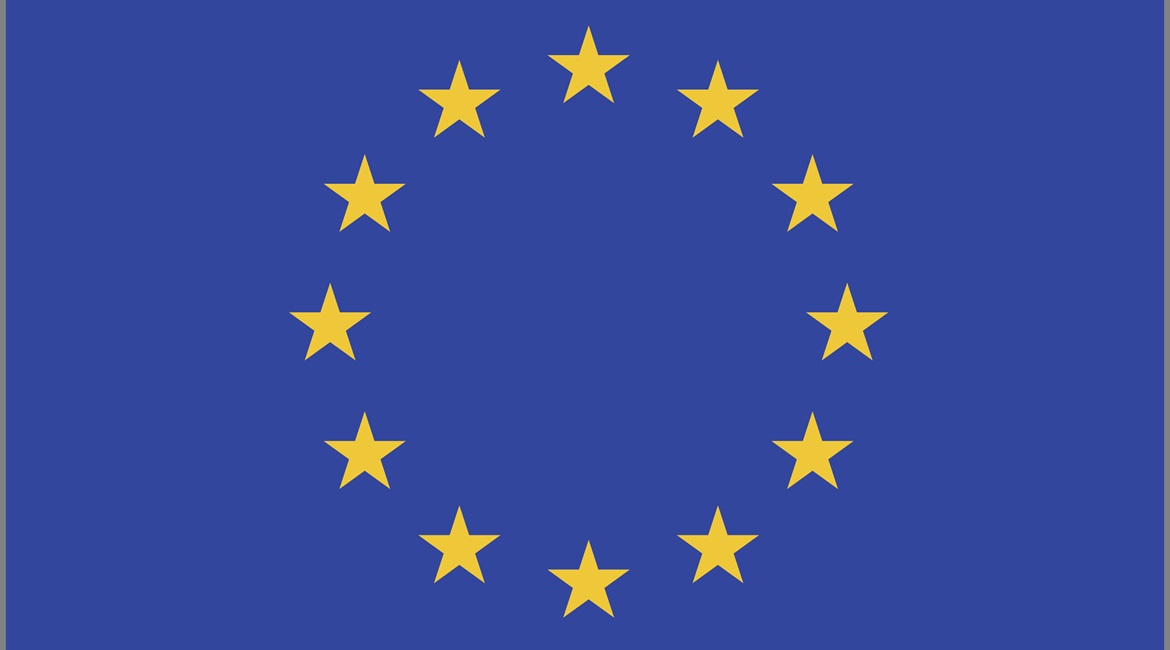
The voluntary scope of the EU’s Permanent Structured Cooperation (PESCO) in defence is too weak and lacks sufficient funding or governance to transform capability development in Europe, says a new draft report for the European Parliament’s Foreign Affairs Committee. PESCO should enforce its own rules, aim for funding from the EU’s next seven-year budget, and absorb its participating countries’ most important future military platforms into its framework, it argues.

A draft report presented by Radosław Sikorski on 7 July to the European Parliament’s Foreign Affairs Committee criticises PESCO as too weak and lacking sufficient funding or governance. (Getty Images)
PESCO “should ensure that future key land, sea, air, and other platforms for the armed forces of the member states are brought under [it] or are at least closely connected to it,” states the report by Radosław Sikorski, committee member and a former Polish defence minister. He also argues that the EU’s 13-year-old battlegroup system – which has never deployed any forces for lack of funding – should be included in PESCO “to increase its operational capacity, modularity, and agility”.
Sikorski presented his draft report to the committee on 7 July, where its final amended version should emerge in September, followed by a European Parliament plenary vote in October.
Noting that PESCO’s current 47 projects have no “coherence or strategic ambition” and that major European capability efforts such as the Future Combat Air System (FCAS) or Main Ground Combat System (MGCS) remain outside its scope, Sikorski said PESCO’s projects do “not adequately address” the priority shortfalls identified by the 25 PESCO countries themselves. All EU countries except Denmark and Malta belong to it.
Looking to read the full article?
Gain unlimited access to Janes news and more...




